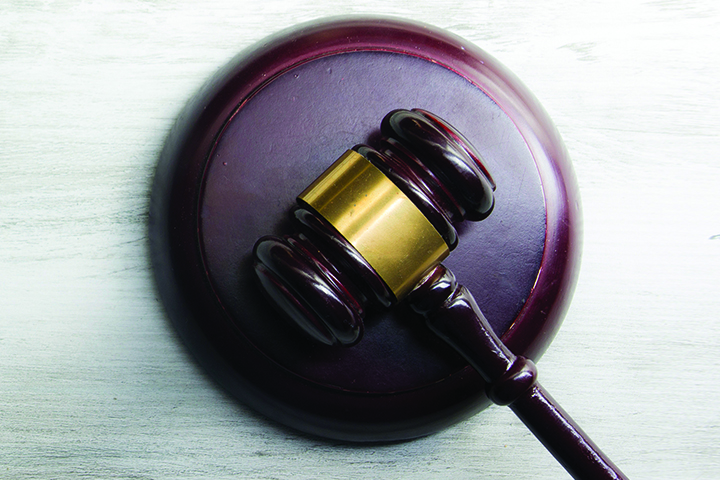In a landmark ruling at Jamaica’s Supreme Court, Gun Court Division, Oshane Hayles was acquitted of gun-related charges after a five-day trial presided over by Justice Tara Carr. Hayles had faced accusations of illegal firearm possession, illegal ammunition possession, and two counts of common law assault stemming from an alleged altercation with members of the Jamaica Constabulary Force (JCF). The verdict underscored the principle of presumed innocence and the necessity for the prosecution to meet its burden of proof. Hayles’ attorney, Rodain Richardson, emphasized the importance of adhering to the law and urged Jamaicans to avoid criminal activities, stating, ‘Freedom is a gift, and we must use it to build, not destroy.’ The prosecution’s case hinged on claims that police officers witnessed a man matching Hayles’ description running through a volatile community with a firearm, allegedly pointing it at them before being shot and disarmed. However, the defense dismantled this narrative during cross-examination, revealing significant inconsistencies in the officers’ testimonies. Forensic evidence further weakened the prosecution’s case, as DNA swabs from the firearm excluded Hayles, and no fingerprints or biological traces linked him to the weapon. Justice Carr highlighted the lack of forensic evidence and the officers’ unreliable accounts, ultimately ruling that the Crown failed to prove Hayles’ guilt on all charges. The acquittal has sparked discussions about legal integrity, forensic scrutiny, and the challenges of ensuring justice in high-stakes cases.
